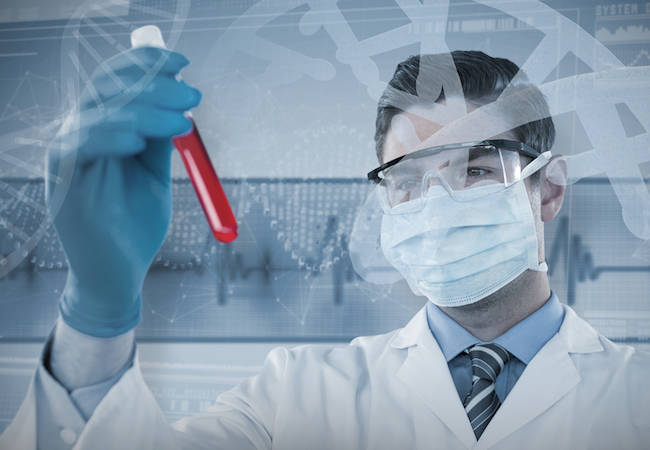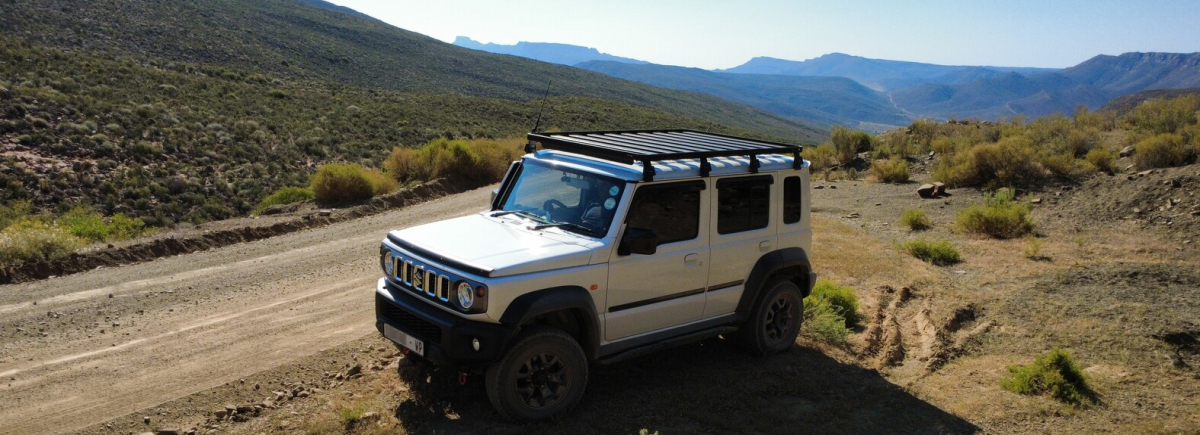Could the light detection and ranging (LiDAR) sensors in your future smartphone take the place of laboratory equipment in health and food safety applications? It's looking like a possibility.
Researchers at the University of Washington reckon handset LiDAR can determine fluid properties, sparing you from having to use expensive lab gear. The amount of liquid needed for a smartphone LiDAR test is significantly less than that for a medical lab, too, they said.
One application of LiDAR would be testing blood for coagulation. The researchers also found their method was able to determine the fat properties of milk and whether the liquid had been adulterated, and to identify a particular liquid from among ten samples.
The discovery, we're told, let the researchers distinguish between coagulated and uncoagulated blood with only a single finger-lancet-sized drop, differentiate between different types of milk and whether the milk had been adulterated, and distinguish between 10 classes of liquid with 91.5 percent average accuracy.
See
How smartphone lidar can test blood, milk, and more#
technology #
health #
lidar #
foodsafety 
Using tiny samples, too, a claim we're sure you haven't heard before
